 W
WCivilian control of the military is a doctrine in military and political science that places ultimate responsibility for a country's strategic decision-making in the hands of the civilian political leadership, rather than professional military officers.
 W
WDistrust is a formal way of not trusting any one party too much in a situation of grave risk or deep doubt. It is commonly expressed in civics as a division or balance of powers, or in politics as means of validating treaty terms. Systems based on distrust simply divide the responsibility so that checks and balances can operate. The phrase "trust, but verify" refers specifically to distrust.
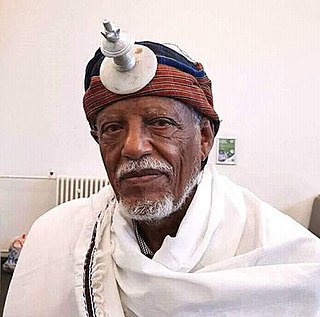 W
WGadaa is the indigenous democratic system of governance used by the Oromos in Ethiopia and northern Kenya. It is also practiced by the Konso and Gedeo people of southern Ethiopia. The system regulates political, economic, social and religious activities of the community.
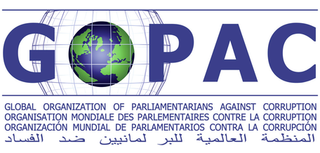 W
WThe Global Organization of Parliamentarians Against Corruption is an International nongovernmental organization made up of parliamentarians from across the world, working together to combat corruption, strengthen good government, and uphold the rule of law. Based in Ottawa, Ontario, Canada, GOPAC has fifty-two national chapters in five continental associations. GOPAC supports its members through original research, global anti‑corruption capacity building, and international peer support.
 W
WImpeachment is the process by which a legislative body or other legally constituted tribunal initiates charges against a public official for misconduct. It may be understood as a unique process involving both political and legal elements.
 W
W"No taxation without representation" is a political slogan that originated in the American Revolution, and which expressed one of the primary grievances of the American colonists against Great Britain. In short, many colonists believed that as they were not represented in the distant British parliament, any taxes it imposed on the colonists were unconstitutional, and were a denial of the colonists' rights as Englishmen.
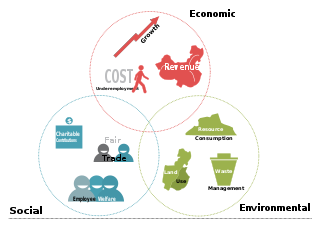 W
WThe triple bottom line is an accounting framework with three parts: social, environmental and financial. Some organizations have adopted the TBL framework to evaluate their performance in a broader perspective to create greater business value. Business writer John Elkington claims to have coined the phrase in 1994.
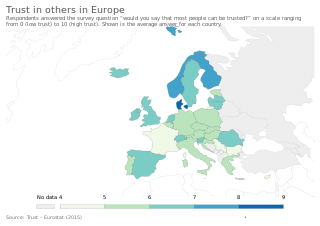 W
WTrust exists in interpersonal relationships. Humans have a natural disposition to trust and to judge trustworthiness. This can be traced to the neurobiological structure and activity of a human brain. Some studies indicate that trust can be altered e.g. by the application of oxytocin.
 W
WWITNESS is a human rights non-profit organization based out of Brooklyn, New York. Its mission is to partner with on-the-ground organizations to support the documentation of human rights violations and their consequences, in order to further public engagement, policy change, and justice. Witness has partnered with more than 300 human rights groups in over 80 countries.
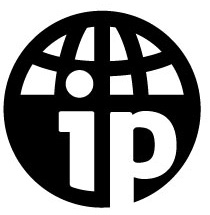 W
WThe Inspection Panel is an independent accountability mechanism of the World Bank. It was established in September 1993 by the World Bank Board of Directors, and started operations on August 1, 1994. The Panel provides a forum for people who believe that they may be adversely affected by Bank-financed operations to bring their concerns to the highest decision-making levels of the World Bank. The Panel determines whether the Bank is complying with its own policies and procedures, which are designed to ensure that Bank-financed operations provide social and environmental benefits and avoid harm to people and the environment. The Inspection Panel was the first body to promote accountability among international financial institutions through this community-led, or “bottom-up”, approach which is complementary to the “top-down” forms of accountability, such as evaluation initiated by the World Bank itself. Building on this example, other multilateral and regional financial institutions have established similar accountability mechanisms as part of broader efforts at sustainable and equitable development.